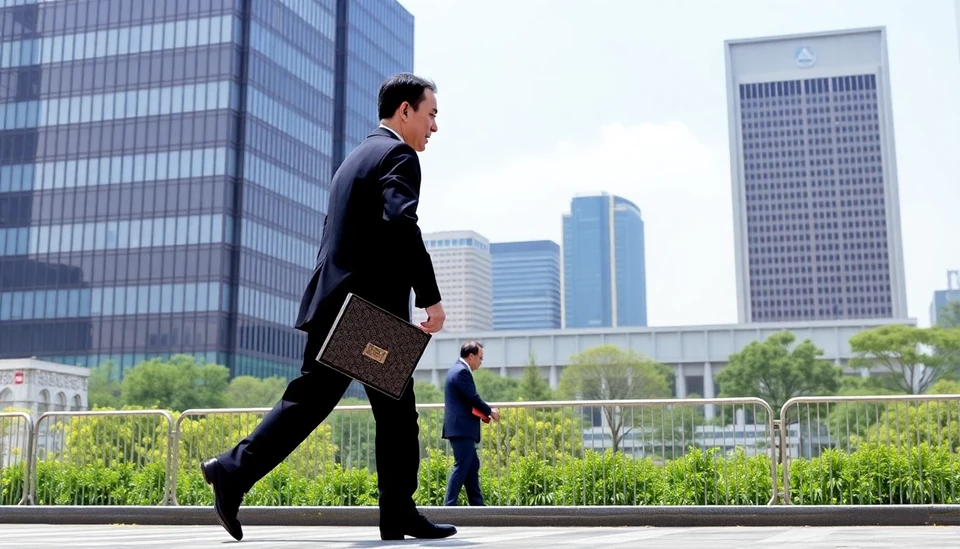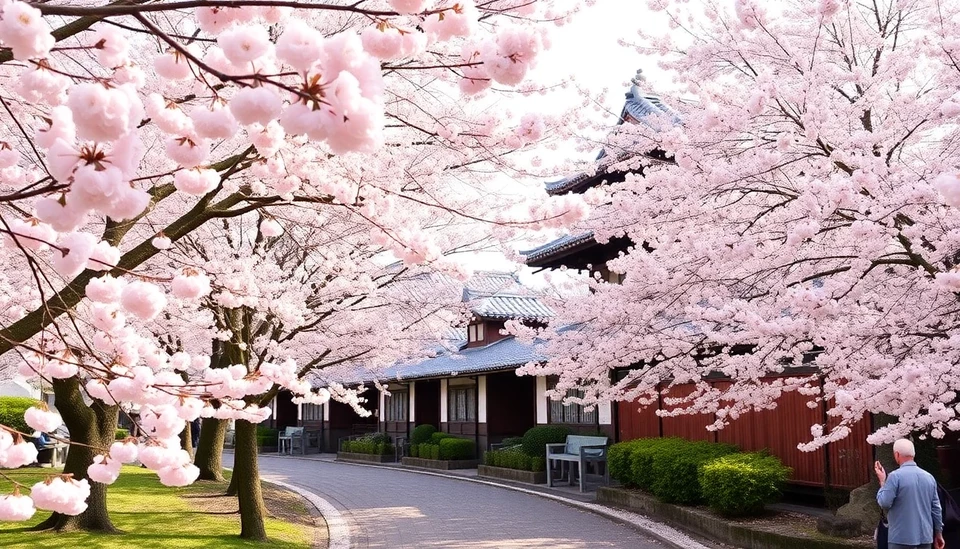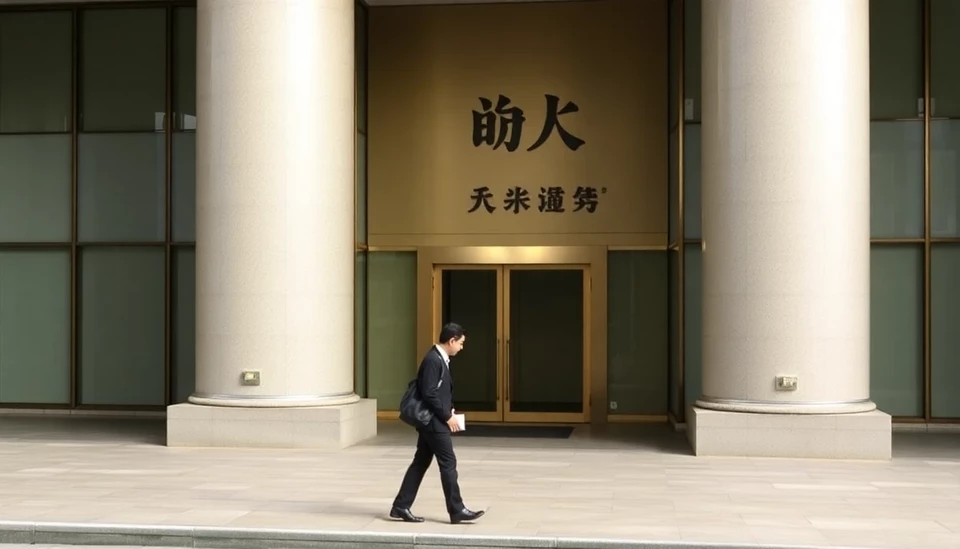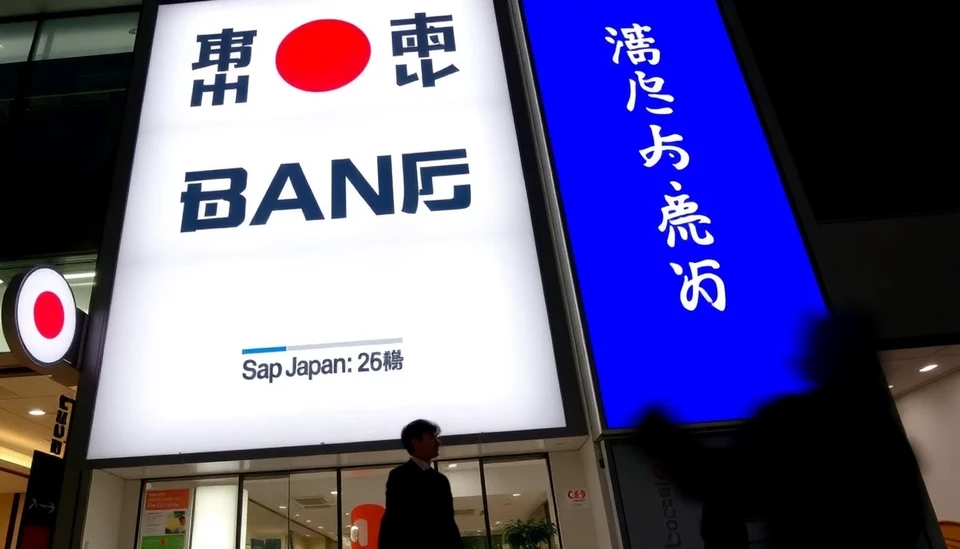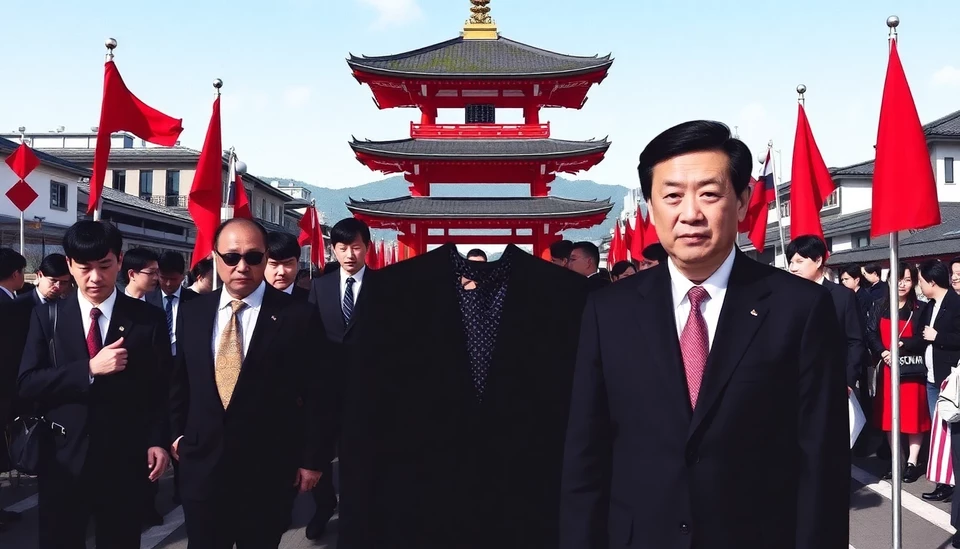
As the world watches the potential return of Donald Trump to the U.S. presidency, Japan stands at a crossroads, grappling with its own internal challenges that could lead to a significant shift in its foreign policy. Experts warn that Japan may turn inward at a time when it needs to engage more actively with international partners.
The looming U.S. election has implications far beyond America’s borders. Japan, as a close ally to the United States, finds itself navigating a precarious landscape where Trump’s possible re-election could bring changes to established diplomatic norms and security agreements. Historically, Trump's administration was marked by a "transactional" approach to allies, which left countries like Japan re-evaluating their defense and economic strategies.
Moreover, Japan has been facing a series of domestic issues that could distract its leadership from engaging with the global community. Economic stagnation, an aging population, and increasingly isolationist sentiments among its citizens are compounding factors. The fear of social divisions drives a narrative towards nationalism, raising concerns about Japan's commitment to global cooperation.
Analysts point out that Japan's current trajectory could be detrimental, particularly as it coincides with a time when the Indo-Pacific region is becoming increasingly contested. With China asserting its influence and North Korea’s provocative behavior, Japan cannot afford to retreat into isolationism. The nation’s security depends on its alliances, especially with the United States and neighboring countries.
In the face of these challenges, Prime Minister Fumio Kishida's government faces a critical task: to maintain Japan's traditional role as a leader in diplomacy and regional stability while addressing domestic pressures. Kishida's administration has highlighted its commitment to a free and open Indo-Pacific, yet the consistency of this strategy is now under scrutiny.
International observers note that the cultural and political landscape in Japan is shifting, as many citizens express a desire for a government that prioritizes domestic issues over foreign affairs. This shift could influence the country’s foreign policy direction, creating a rift between public sentiment and the pragmatic needs of national security.
As Japan considers its options moving forward, it must strike a balance between meeting the demands of its populace and reinforcing its alliances. The upcoming years will be crucial as Japan seeks to navigate a changing global environment while ensuring that it remains an active player on the world stage.
The convergence of Japan's domestic challenges and the uncertain political future of the United States underlines the importance of strategic foresight. As the world braces for potential upheaval, Japan's response will be closely monitored, both for its implications within Asia and for global stability.
In summary, Japan stands at a pivotal moment that may define its role in the international community. The return of Trump could impact Japan's alliances and force a reevaluation of foreign policy. Japan must confront internal challenges that threaten to sideline it, even as global dynamics shift dramatically.
#Japan #DonaldTrump #ForeignPolicy #GlobalPolitics #IndoPacific #Kishida #InternationalRelations #NationalSecurity
Author: Laura Mitchell
